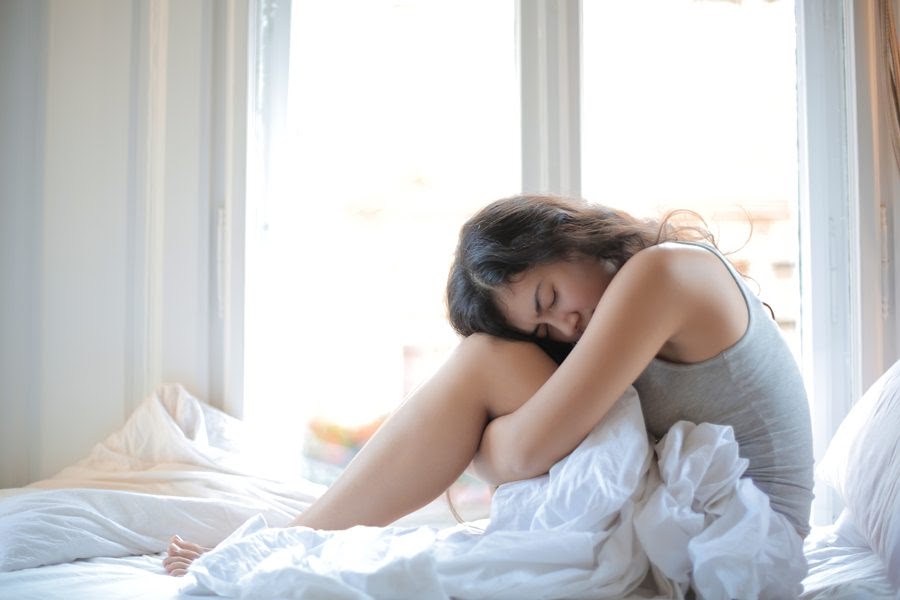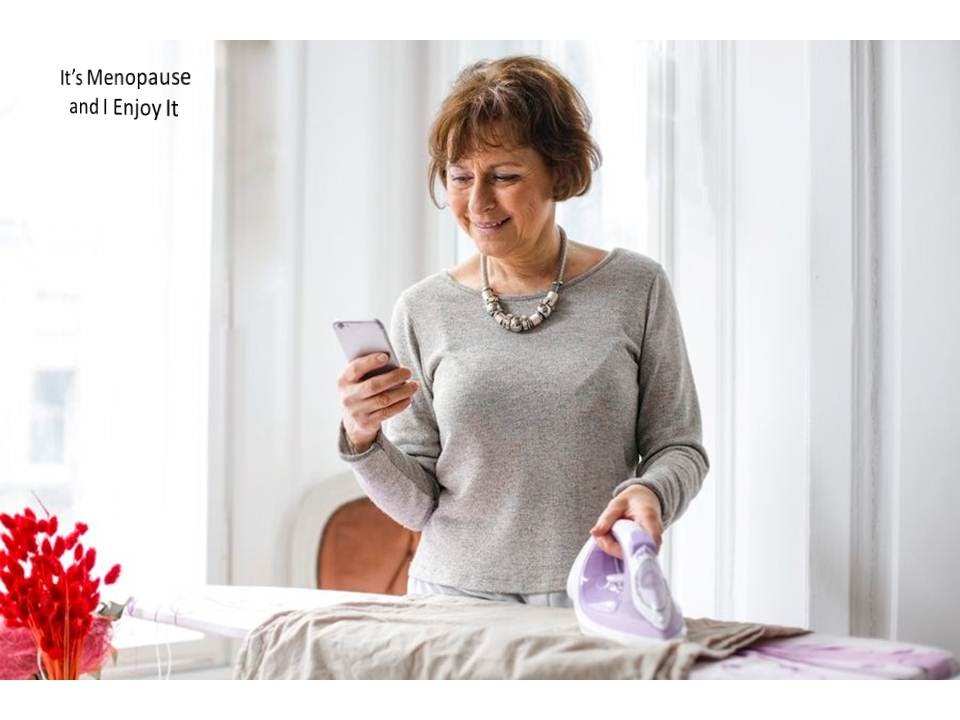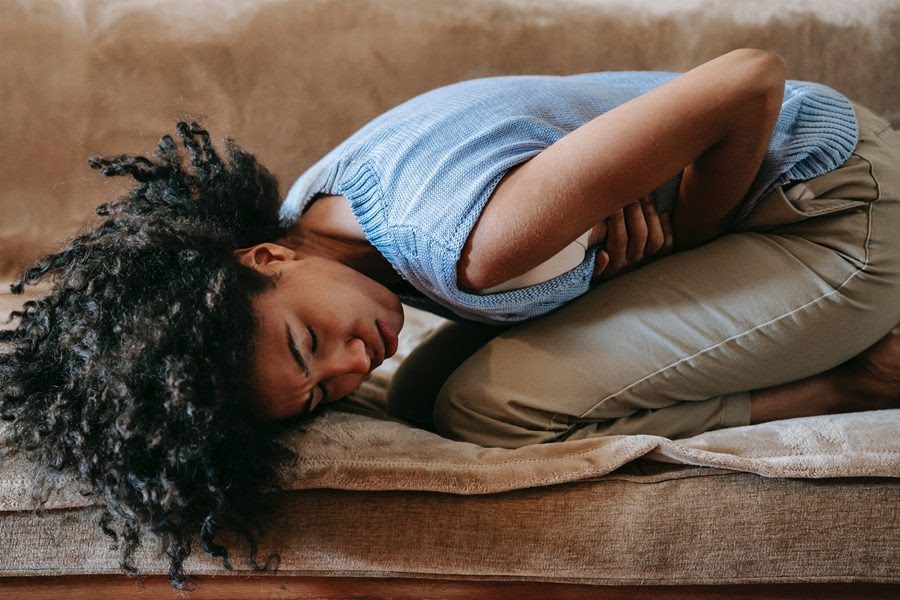Midwest Center For Women’s Health doctors and practitioners will work with you to diagnose what you are experiencing accurately, provide you with the right treatment, and help you get back to living a life free of any disturbing problems. 
Bladder incontinence problems:
The Midwest Center for Women's Health understands how health problems such as incontinence can adversely impact the quality of life. That's why midwest center here to offer personal advice and care for the various kinds of problems with bladder control that could affect your life.
What are the forms of incontinence that a woman can face?
-
Stress Incontinence: When during physical activity or movement, small quantities of urine spill, such as when laughing, sneezing, or exercising.
-
Incontinence of urge: When large quantities of urine begin to suddenly leak out during sleep, when drinking small amounts of water, or at any other time, particularly after feeling a sudden urge to urinate.
-
Overactive Bladder: This is characterized by a sudden, extreme need for urination as well as a regular need for urination (8 or more times a day or many times during the night) that may or may not be associated with urge incontinence.
-
Functional incontinence: This is prevalent in women with physical or medical disabilities, or difficulties with thought or speaking that can prohibit them from reaching the bathroom or from properly urinating.
-
Overflow Incontinence: Rare for females, due to a full bladder or bladder muscle disorder, this is where leakage of small quantities of urine can occur.
-
Mixed incontinence: Tension and urge incontinence occur concurrently here.
-
Transient incontinence: This happens when, due to infection, treatment, or sickness, transient leakage occurs.

What are urinary incontinence risk factors?
-
To be a woman (six of every seven cases of adult incontinence are women)
-
Being pregnant or having given birth recently
-
Participating in high-impact exercise or sports
-
Being smoker
-
Overweight
-
Being postmenopausal with a history of other medical problems such as diabetes or various infections of the urinary tract.
Do not suffer in silence if you think you may be experiencing a bladder control problem.

Menopause problems:
Midwest Center for Women's Health provides specialized treatment for the variety of perimenopausal and menopausal problems women may experience during their lifetimes.
Perimenopause normally occurs when the body of a woman gradually stops releasing the hormones estrogen and progesterone, generally around the age of 45, but it can occur depending on the person at any age.
A woman may experience irregular cycles, premenstrual symptoms, anxiety, depression, mood swings, weakness, changes in weight and increased cramping or cycle issues during perimenopause.
When will menopause start?
Menopause starts when the irregular cycles of perimenopause have progressed to the point that at least twelve months of a woman's periods have stopped. Women will experience a variety of bodily changes during this period, from hot flashes to exhaustion and more. Don’t hesitate to ask Midwest Center For Women’s Health about how you can deal with that.
You aren’t alone:
When you reach this new phase of womanhood, Midwest Center For Women’s Health is here to provide you with support and a range of treatment choices, including hormone replacement therapy.
If you experience perimenopause or menopause symptoms, please ask your doctor or practitioner about ways we can help so that you can look forward to making these some of the best years of your life!

Pelvic pain disorders:
Midwest Center for Women's Health has expertise in helping their patients identify the cause and best recovery option for women with pelvic pain. It's important to remember that at some point in their lives, many women experience pelvic pain and treatment plans are available. Since there are many different conditions and diseases that can be the cause of pelvic pain, it is crucial for you to give your doctor important information about your particular symptoms for the best result:
-
Do you have pain in the lower abdomen, the pelvis, or all of them?
-
Are you continuously or sometimes experiencing it? Uh, when?
-
Will your lower back, buttocks, or thighs radiate with it?
-
During urination and/or sexual intercourse, does it occur?
Endometriosis, menstrual cramps, ovarian cysts, uterine fibroids, and pelvic inflammatory disorders are some diseases and conditions that may trigger pelvic pain. The further information you can give your doctor about the pain you feel, the easier it will be to decide on a healing course.
Summary:
Our dew treats for you today are about...Midwest Center for Women's Health. But we have more details, advice, and knowledge tips to enjoy healthy life at any age.
Read more: Seven Hills Women’s Health| Birth Control| Endometriosis
Read more: Axia Women’s Health| Gynecology| Urogynecology Services
Read more: Women's Health Associates Of Southern Nevada| Healthcare



You must be logged in to post a comment.